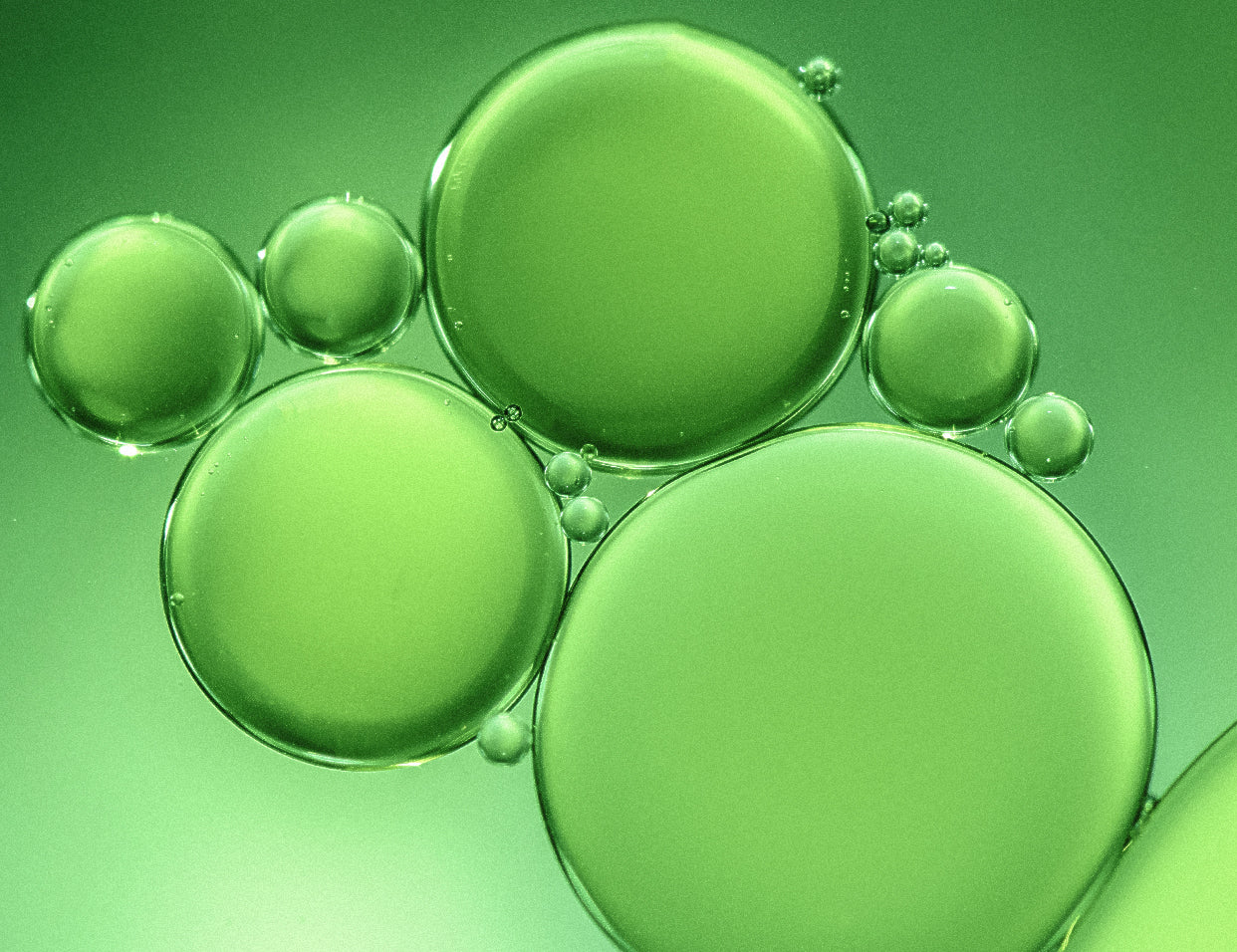Vitamin F is a soothing essential fatty acid blend that supports the skin barrier to help calm visible skin irritation and redness.
What is Vitamin F?
Vitamin F, despite its name, is not actually a vitamin. The "F" references its origins in a blend of essential fatty acids. This polyunsaturated free fatty acid blend is known for its soothing properties, helping to support the skin barrier and calm visible skin irritations and redness. Vitamin F is especially beneficial for skin with a disturbed lipid barrier and is safe for those with acne-prone skin.
What Does Vitamin F Do for Your Skin?
Essential fatty acids are generally called Vitamin F, even though they do not correspond to the classical definition of vitamins. Among the polyunsaturated fatty acids, apart from linolenic acid, particularly linoleic acid is of great importance. Linoleic acid is found in natural plant oils mostly as triglycerides, namely with two non-conjugated double bonds in cis-9 and cis-12 formation. Rearrangement induced by oxidation may lead to formation of the conjugated 9,11 form with either cis-trans or trans-trans isomers.
Essential fatty acids have significant physiological functions, e.g. they influence the energybalance, synthesis of immunocompetent messengers, structure of the lipid barrier of the Stratum Corneum as well as the structure of the cell membranes.
Deficiency of essential fatty acids leads to a number of negative topical skin consequences:
-
Dry and scaling skin
-
Increased transepidermal water loss (TEWL)
-
Hypertrophy of sebaceous glands and hyperkeratosis
-
Weakened capillary vessels
-
Influence on skin diseases, such as acne, atopic dermatitis and psoriasis
These deficiency symptoms have been reviewed by Horrobin (J. Am. Acad. Dermatol. [1989], 20, 1045-1053) und Wright (Br. J. Dermatol. [1991], 125, 503-515).
Vitamin F Benefits in Skincare
Essential fatty acids, especially linoleic acid, are extremely important for maintaining an intact lipid barrier and its physiological functions. Clinical tests have shown that nutritional deficiency of linoleic acid leads to dry, scaling skin with an unbalanced lipid barrier. Topical application of linoleic acid, a part of a Vitamin F blend, leads to restoration of the lipid barrier within a few days.
Can You Use Vitamin F with Retinol?
Vitamin F plays well with other active vitamin applications. It can be used in a serum or cream format to enhance your nighttime regimen on top of active ingredients like Vitamin A (retinol, retinal or retinaldehyde) or Vitamin C. Apply evenly to dry, cleansed skin. Follow with moisturizer and sun protection.
Does Vitamin F Clog Pores?
Vitamin F’s ability to balance the skin’s natural oil layer allows for barrier improvements without heavy occlusive properties that might clog pores.
DISCLAIMER: All skin care articles are intended to help educate on specific ingredients and skin care topics. Our articles are written to be informative and informational. Any reference to a specific patient experience is not a medical suggestion for treatment. Please note that any Prequel products with referenced ingredients are formulated for Cosmetic Use Only and NOT intended as replacements for physician advice and/or pharmaceutical product recommendations.




